From Peter the Great to Vladimir Putin: will history come full circle?
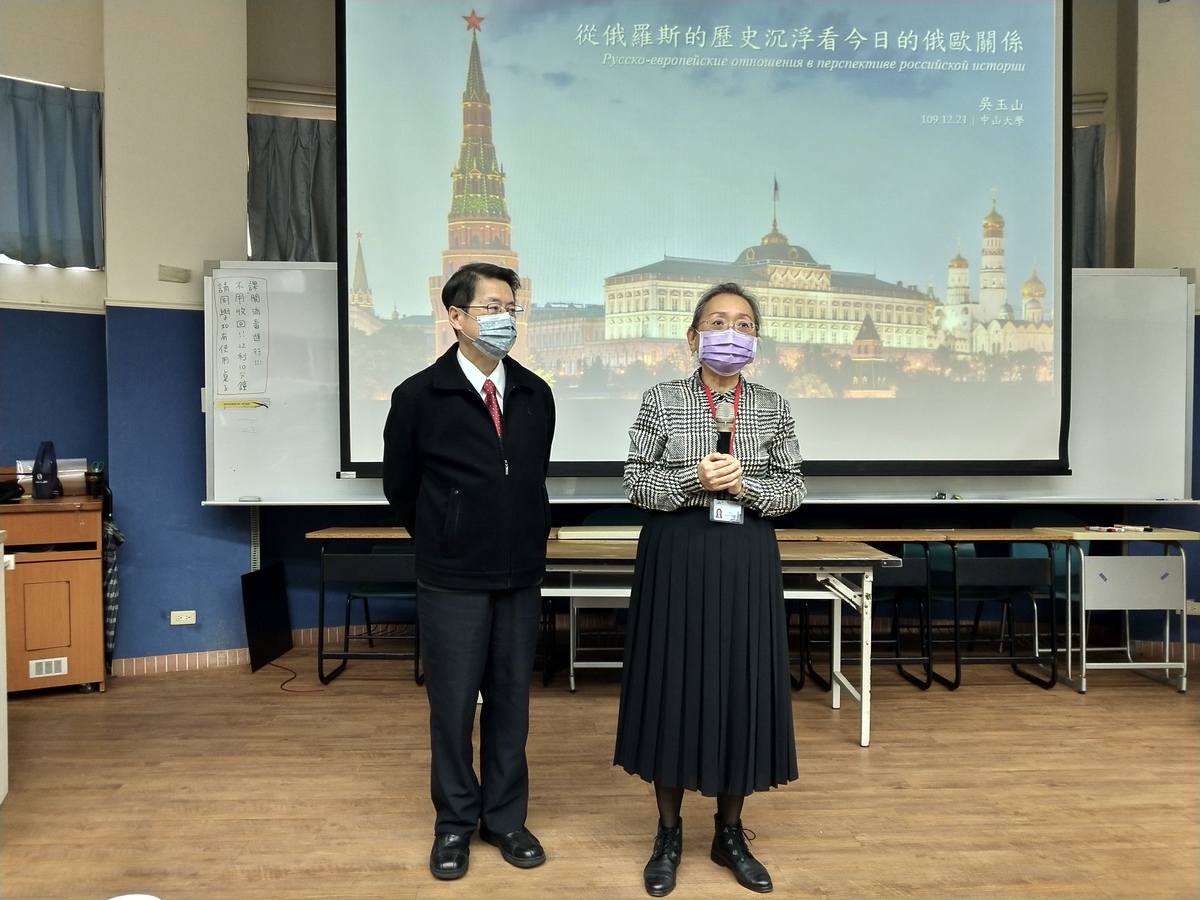
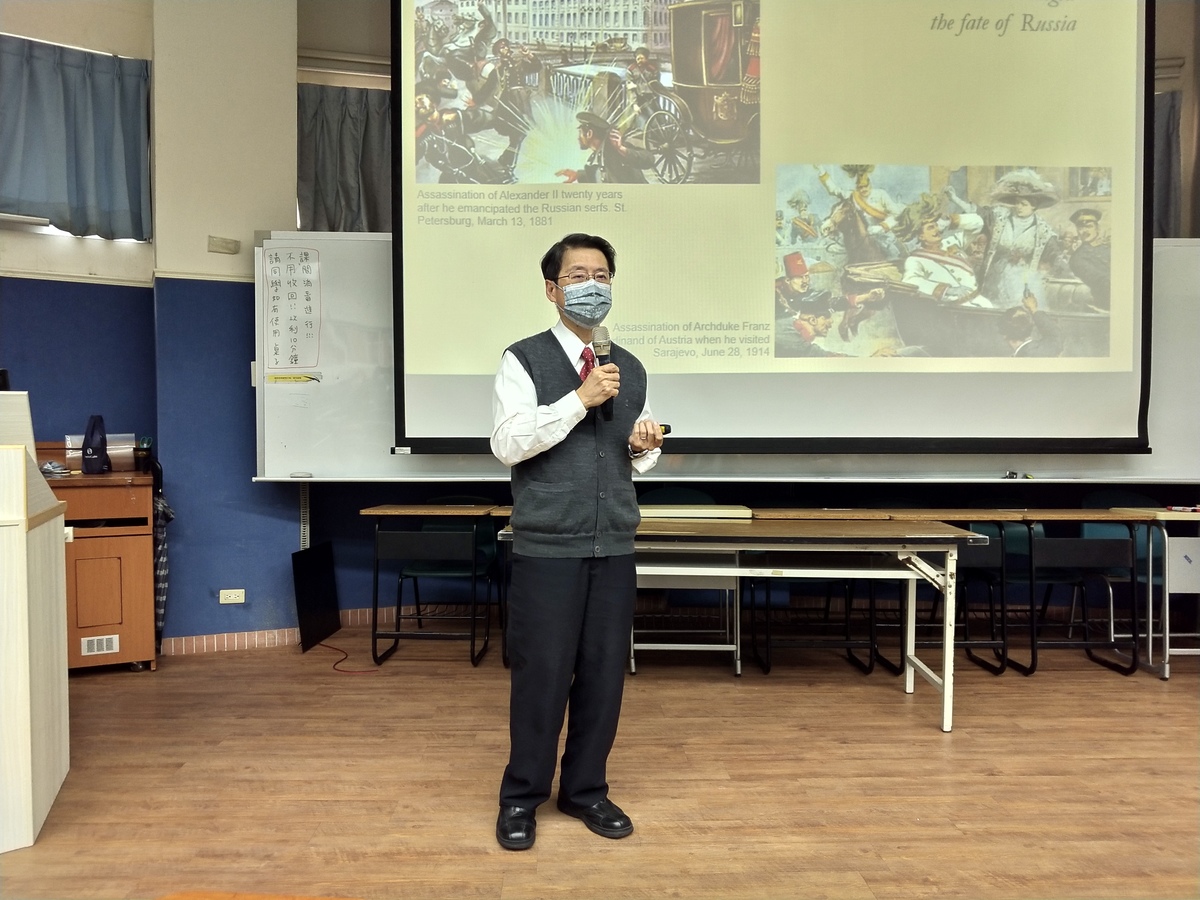
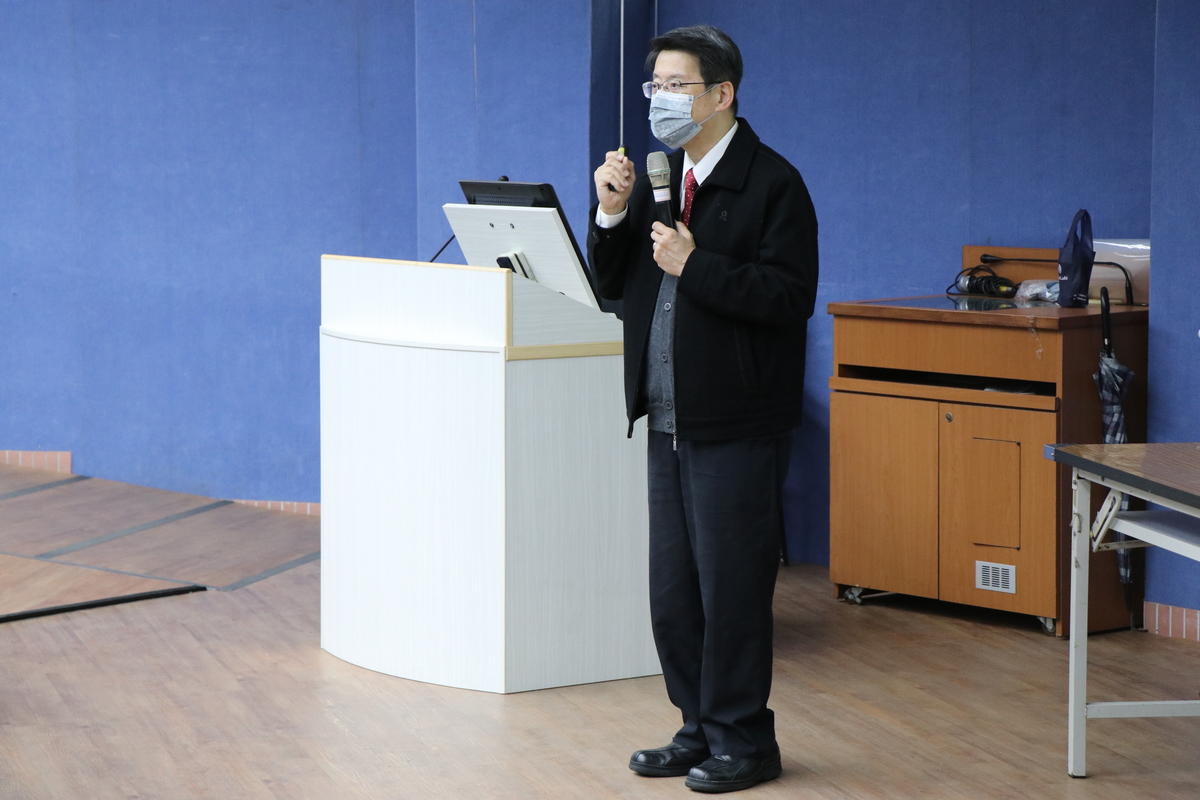
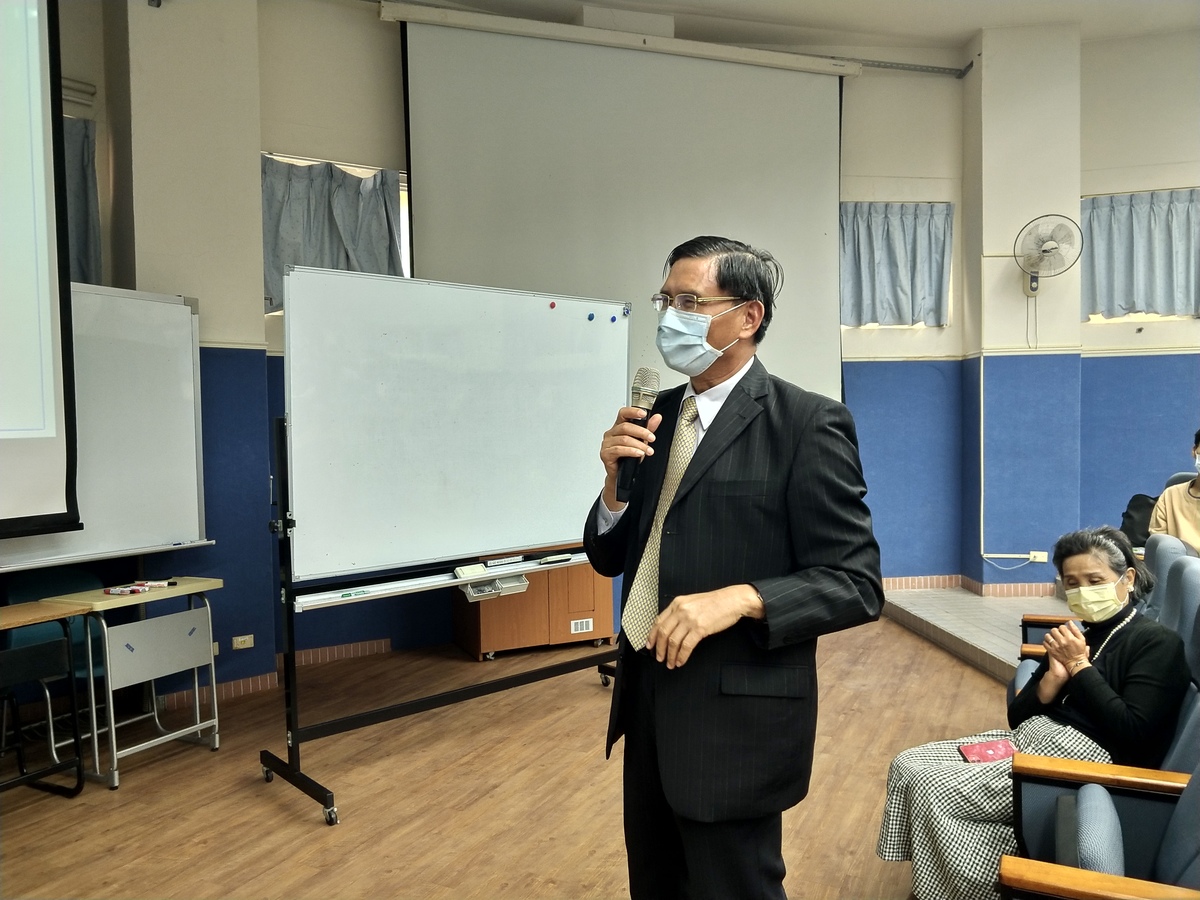
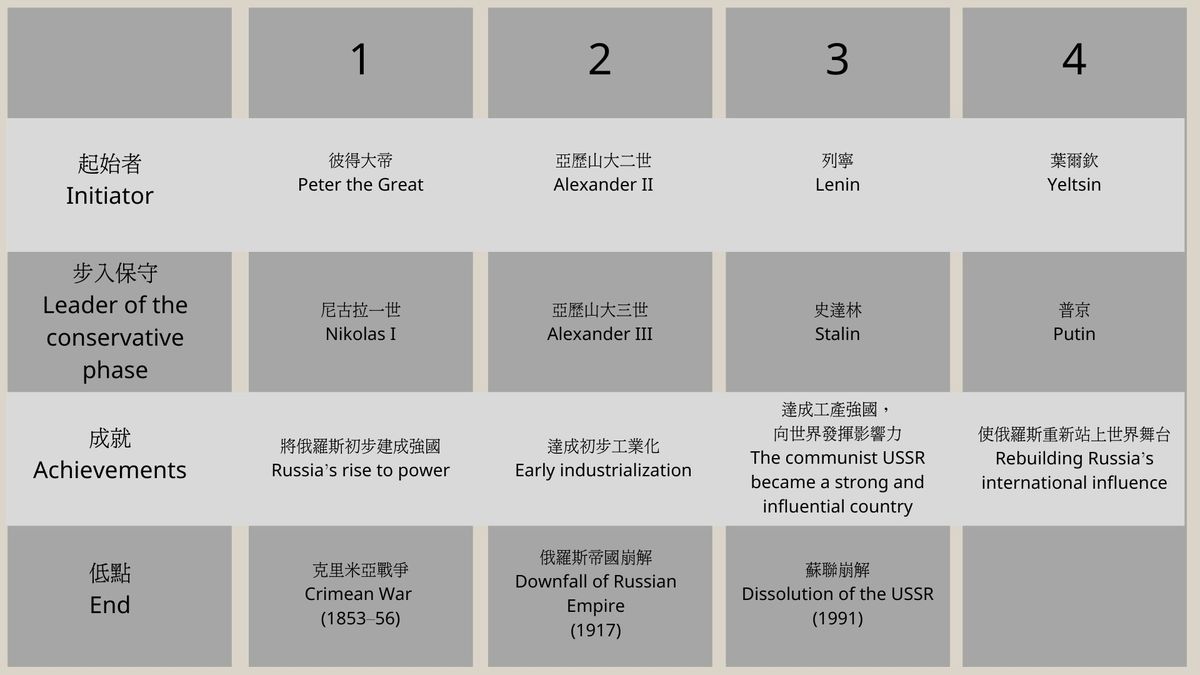
The Institute of Political Science (IPS) invited Honorary Chair Professor of IPS and Academician of Academia Sinica Yu-Shan Wu to give a lecture on Russia-Europe relations and the history of Russia of the past five centuries. Honorary Chair Professor Wu introduced Russia’s cyclical history from the time of Peter the Great to the Putin era and related it to recent events in a humorous and engaging way.
Honorary Chair Professor Yu-Shan Wu became interested in Russia during his sophomore year in college. He specializes in cross-strait relations, Russian and East European studies, comparative political and economic transformations in former socialist countries, ethnic politics, and international relations theories and has authored and edited 24 books and published more than 150 journal articles and book chapters, in both English and Chinese.
The lecture gave a new perspective to Taiwanese students, who mostly learn about Russia from Western media reports, and thus from a Western perspective together with its stereotypes. “If we don’t understand the Russian perspective, we won’t get a full picture of the relations of Russia with the West, Europe, and even the whole globe,” he said. Wu mentioned the “annexation of Crimea”, as the Western media referred to the event, implicating that the peninsula was unlawfully annexed by Russia. However, historically, Crimea belonged to Russia, not Ukraine, and what is more, over 90% of the population of Crimea, of which Russians constitute the majority, voted in favor of joining the Russian Federation in a referendum, said Wu. "Although the referendum was conducted under Russia’s eye, the Russian majority in Crimea would have voted the same way even under more normal circumstances."
Professor Wu said that the history of Russia after the coronation of Peter the Great in 1682 until today can be subdivided in four repeating cycles, each starting with reformation inspired by Western teachings, followed by a more conservative phase, and later, the country’s sudden collapse. Russia has always been learning about Western technology, systems and thoughts to compete with the West. “In every cycle of history, Russia was learning from the West, but only partially”, he said. This is why the country has never become a copy of Western systems but rather a mix of the Western model and the Russian tradition. Russia, though successful in the beginning of the reforms, gradually became vulnerable to the high pressure of competition and its weakness was proved in events that led to its sudden collapse and marked the end of the historical cycles, such as the defeat in the Crimean War in 1853, the collapse of the Russian empire during World War I, and the dissolution of the USSR in 1991.
Wu identified similar patterns in the past three decades after the end of the Cold War and the dissolution of the USSR that can be seen as the beginning years of the fourth historical cycle. The first leader of the Russian Federation, Boris Yeltsin, promoted a closer relationship with Europe, adoption of the capitalist system, democracy, and semi-presidentialism. However, Yeltsin’s “shock therapy” caused enormous economic pains and political turmoil, forcing the reforming elite to rethink their strategy. Under Vladimir Putin, Yeltsin’s successor, Russia again reshaped Western models, adopting “sovereign democracy” – in practice, an authoritative system with the country’s authority prioritized over personal freedoms, the opposition silenced, and a personality cult around the president. In international relations, Russia shifted its position from supporting the West to building up the country’s power and resisting pressure from the West, taking military activities in Georgia and Ukraine, and deploying forces to Syria.
What will be the future of Russia and will it follow its historical patterns? What we know for now is that this year (2020), Putin secured a constitutional amendment that will allow him to run for two more six-year terms of office after the current one expires in 2024. “If he is elected president repeatedly as allowed by the new constitution, he will have ruled Russia for 36 years by 2036!”, said Professor Wu.
After the lecture, the audience engaged in a Q&A session with Professor Wu. Besides students of various departments and institutes, a delegation from the Southern Taiwan Office of the Ministry of Foreign Affairs – Director General William Heng-Sheng Chuang and Deputy Counselor on Home Assignment Henry Lin came to listen to the lecture. A student of the Department of Business Administration Jo-Chi Hsu said that it is important to know what happens in other countries, as it might be useful in future work in business, while Chun-Wei Wu, a student of the Department of Mechanical and Electro-Mechanical Engineering said that learning history is necessary as it can serve as a future reference.
Note:
Recording of the lecture by Professor Yu-Shan Wu (Chinese version):
https://www.youtube.com/watch?v=9Psq1bqKzAA&feature=youtu.be
More open lectures organized by the Institute of Political Science at NSYSU:
